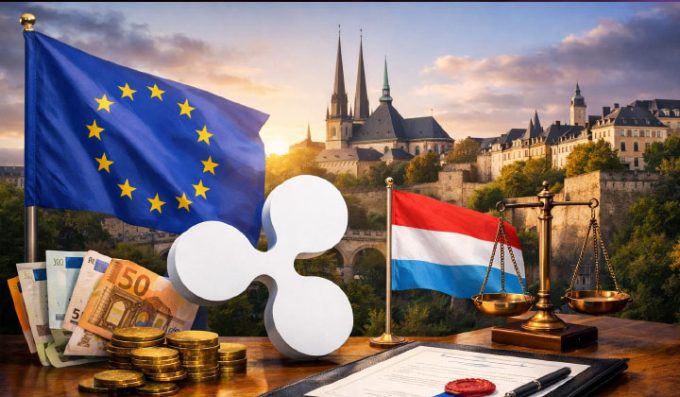Stablecoins: Cross-Border Payments At Marginal Cost
PayPal has recently revealed its plan of issuing a stablecoin, which apart from bringing in some kind of uniformity in global currency, is also likely to reduce the cost of currency transfer. We are talking about remittances made by expatriates.
The time and cost involved in cross-border payments, has given rise to developing central bank digital currency (CBDC), the private currencies backed by underlying assets such as dollar or gold.
However, the question is whether it is so simple and how to think about payments and border crossing.
Actually, border crossing is a slightly complex process in terms of payments, and sometimes leads us to the wrong place. For instance, let’s assume a Brit is holidaying in America and wants to send money to his friend in South Africa, using a payment app, the question here is: Does that qualify to be considered as a cross-border payment? Of course, there is value crossing many borders from America to South Africa, but they are using one single currency (USD) and the payment app did not charge for the transaction – it was “free” for the customers.
Similarly, when a person sends a stablecoin such as USDC or Ethereum (ETH) to someone who lives in a different country, it costs the gas fee, but that’s it. In this respect, ETH is a global bank where everyone banks, and transactions are just book transfers (debits and credits, or plusses and minuses) between accounts. There are no borders to cross.
It is important to note here, that both people are utilizing service of same service provider (bank, wallet, fintech, etc.), then a transaction tends to be cheaper and faster than if they use different service providers, because the service provider just must take some money away from one account and add it to the other: a book transfer. This database entry is entirely in the control of one single actor, and is easy.
Payments that involve currency conversion, popularly known as forex, are typically more expensive for the end user than payments in a single currency. This is because it’s easier for a bank or service provider to embed fees into the transaction without the user noticing. If, let’s say a person sends $20 and the receiver gets $19, it’s really obvious for both that there was a $1 fee (whether in different countries or not). In another instance, if a person sends $20 and the recipient receives €16 then, there is a need to know the FX rate to identify how much value has disappeared. Service providers (banks, wallets, fintech, card companies etc.) prefer transactions involving FX for this reason. It’s not the fact that value appears to cross a border, it’s the opacity around the FX that’s lucrative.
In fact, a border doesn’t even need to be crossed: if the bank allows currency conversion, just try it: convert some money from currency A to B and back to A again. You’ll have paid fees, without crossing any borders!
It can get more complicated though. Consider a cross-border single currency payment. For instance, if a person holds USD in a bank account in Singapore and want to transfer it as USD, to land in USD, to a tour operator who has a USD account in a Vietnamese bank, then there will be the sender’s bank and the receiver’s bank, and typically two other banks involved (the American banks where the Asian banks hold their USD), and all four banks may take fees along the way. This will be more expensive, and slow, as many databases need to be updated in a coordinated way.
This is also the case if they both are in the same country and a border hasn’t been crossed! If in Singapore and one person wants to send USD, from his own USD account at the recipient’s Singapore bank, then the sender’s USD account at Singapore bank, there may still be up to 4 banks involved, each taking fees.
So when people talk about cross-border payments, they probably actually mean FX or payments in non-domestic currencies. It’s important to get into the details. Do not accept “Person A wants to send money to person B”! Prefer “Person A wants to send EUR from their bank in Italy to person B who wants to receive USD from their bank in Japan.”
For any cross-border scenario, ask yourself a few questions and seek their answers. That will help you a lot:
1-What’s the sender’s currency?
2-Which country is their bank in?
3-What’s the receiver’s currency, which country is their bank in?
4-Is there FX?
5-Who does the FX?
6-Are the currencies domestic or foreign to the banks?
7-How many service providers are involved?
8-If it’s a non-domestic currency, where do the banks bank?
Answers to these questions will get a lot of clarity if you ask these at the starting point.
That is because cross-border payments are often accompanied by a time and cost factor of their own.
One must understand that, with the help of stablecoin one can address this issue effectively at a
bare-minimum cost.
As we know, in the case of a stablecoin, the only transaction involved is a ledger entry while remittances or forex activity means participation of several banks each obviously wanting to add their fair share of margin.
You need to login in order to Like
















